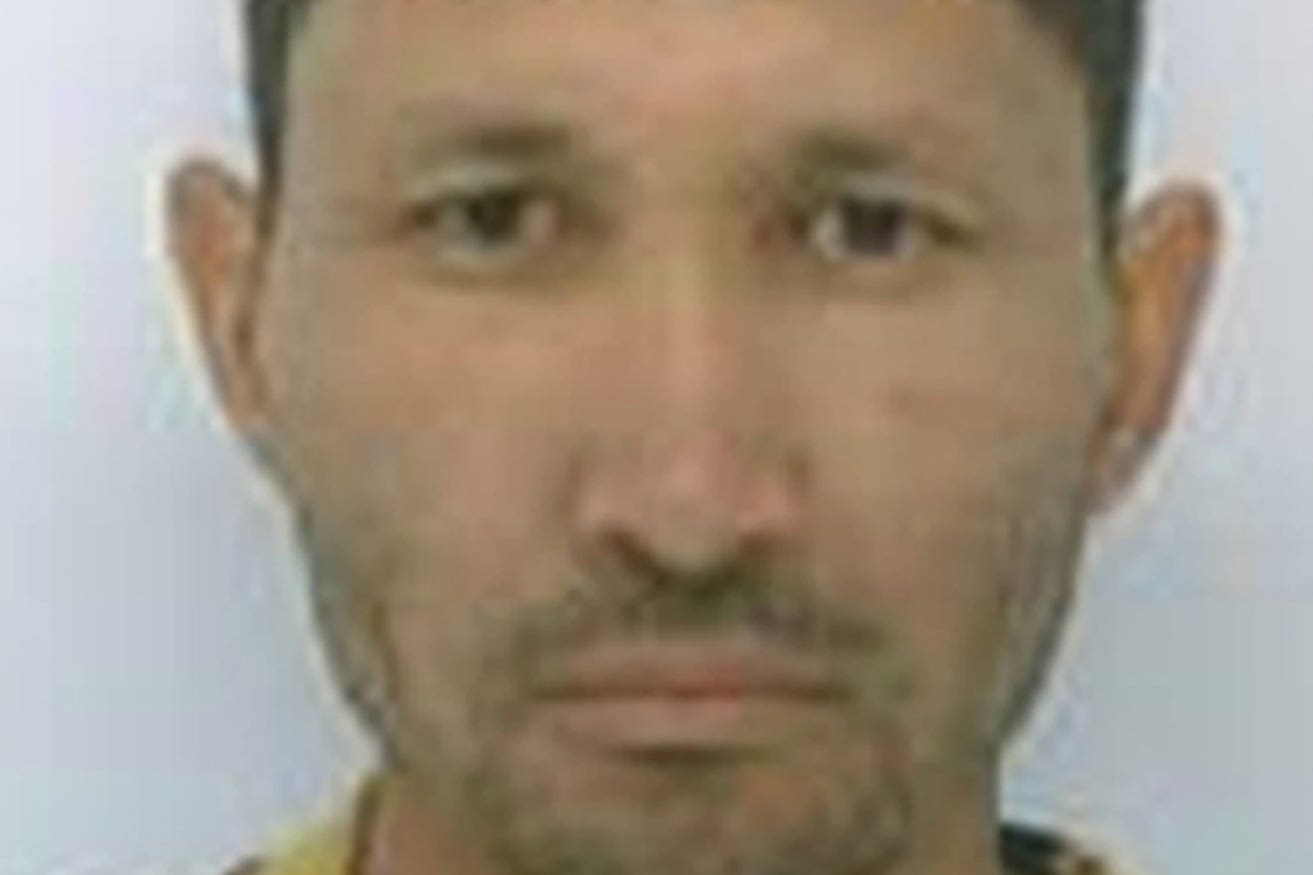Clapham chemical attacker took his own life within hours of incident – coroner
Abdul Ezedi’s body was found in the River Thames in February after he attacked a woman and two girls in Clapham in January.

Clapham chemical attacker Abdul Ezedi took his own life and drowned within hours of attacking a woman and two young girls, a coroner has ruled.
Police had begun hunting for the 35-year-old pizza delivery worker after the attack on his ex-partner and her children in Clapham, south London, at 7.30pm on January 31. His body was found in the River Thames on February 19.
Senior Coroner Mary Hassell ruled that Ezedi, who went into the water beneath Chelsea Bridge, died from suicide and drowned.
Given the circumstances, including what happened in the day, I think that it is likely that he jumped into the water, and I think it is likely that he did so with the intention of ending his life
She told the inquest at Poplar Coroner’s Court in east London: “The circumstances surrounding his death are clear in part.
“The evidence of the Metropolitan Police Service is that he is likely to have entered the River Thames at Chelsea Bridge at approximately 11.30pm. It seems likely to me that he drowned almost immediately and, although he was not found until February 19 2024, I will put his death as January 31.”
Ruling out the possibility that Ezedi was pushed or fell into the water by accident, the coroner said: “Given the circumstances, including what happened in the day, I think that it is likely that he jumped into the water, and I think it is likely that he did so with the intention of ending his life.”
A huge manhunt saw detectives track Ezedi’s final movements along the river on CCTV.
It came after his former girlfriend was doused with a corrosive chemical in an attack on her and her daughters, aged eight and three, in Clapham.
Police believe Ezedi, from the Newcastle area, threw a strong alkali substance over the woman, some of which also injured one of the children, and slammed the three-year-old’s head on the ground in the attack on January 31.
He then fled the scene and initially used his bank card to travel on the Tube before walking a route that broadly hugged the banks of the River Thames in the following hours.
CCTV footage put Ezedi on Chelsea Bridge at 11.24pm on January 31, the court heard.
The coroner said “it looks to me” that Ezdei may have entered the River Thames between 11.28pm and 11.32pm. There is no footage of him walking off the bridge in either direction after that time.
Detective Sergeant Christine Clayton accepted that Ezedi was the prime suspect in the chemical attack.
A positive identification had been made that he was the keeper of a car that was at the scene, she told the court.
No final note was found after his death and he did not go online to research how to take his life, she added.
No members of Ezedi’s family attended the inquest, where a number of statements were also read out to try and piece together his final movements, actions and mindset.
Fellow asylum seeker Pienan Afrasiyabipour had met Ezedi when they were housed together in a hostel.
In a statement he said he visited Ezedi in the Byker area of Newcastle, and they travelled to London by car in January this year.
Mr Afrasiyabipour said Ezedi dropped him off in a park and went to meet a woman.
Mr Afrasiyabipour later said: “He told me he had not had a good meeting with the woman he went to see.”
Then some days later Ezedi went to his home and was “very upset about this person”.
Mr Afrasiyabipour added: “I told him everyone has their own problems, please get out of here and don’t come back.
Dr Katie Senior, a GP at a surgery in Newcastle where Ezedi was a patient, said he had only attended twice for poor sleep and eczema and he was not on medication.
She said his past history showed him as having depression when he was with a different GP and he did not have contact with mental health services.
Blood and urine tests were also used to see if Ezedi was intoxicated when he went into the water.
Toxicologist Matthew Christopher said there was a “low concentration” of alcohol, below the legal limits, and drugs were not found.
In his statement, forensic pathologist Dr Robert Chapman described Ezedi as a thin man of short stature whose body showed “no evidence of external or internal injury” but he was “significantly decomposed”.
Friends of the woman who was severely injured after being doused with a corrosive substance had described her as “a devoted and loving mother”.
In a statement released to the PA news agency in February, they said: “Our friend is first and foremost a devoted and loving mother.
“Her children are her life. She is generous to a fault and a wonderful cook and host.
“All she has ever wanted is a safe home for her and her beautiful, kind little girls.”
Members of the public had rushed out into the street to help the family in the wake of the attack, and a number were injured themselves.
Bookmark popover
Removed from bookmarks